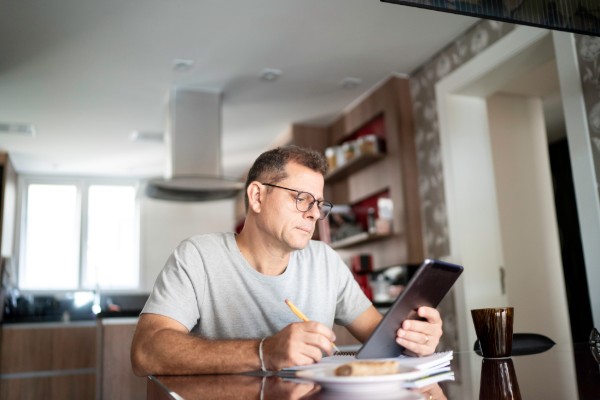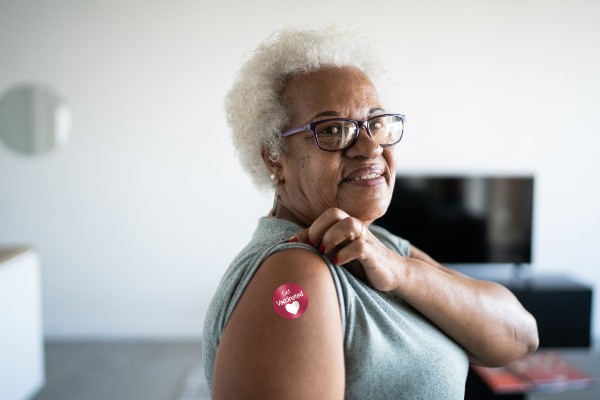As hospitals across the nation brace for the oncoming wave of COVID-19 patients, many elective procedures have been put on hold for the foreseeable future.
In mid-March, U.S. Surgeon General Jerome Adams began calling on hospitals and outpatient surgical centers to cancel or postpone elective procedures whenever possible. The American College of Surgeons and the American Hospital Association have joined him in these recommendations.
“Like all other hospital systems, Riverside has had to delay elective procedures for patients,” says Jeffrey A. Levy, D.O., an orthopedic surgeon with Riverside Orthopedic Specialists. “We want our patients to understand why this is necessary for their health and safety.”
Why postponement is needed
Postponing elective procedures allows hospitals to react and respond more successfully to the threat of COVID-19 in a variety of ways. As outlined by Surgeon General Adams in a March 22 USA TODAY editorial, the postponement of nonessential surgeries will:
- Help conserve critically low supplies of essential personal protective equipment – such as masks, gowns and gloves – for frontline workers treating COVID-19 patients.
- Reduce incoming patient traffic at hospitals and surgical centers, thereby limiting the risk of on-site exposure to COVID-19.
- Allow health care facilities to focus their staff and resources – including hospital rooms and ventilators – exclusively on treating the predicted, upcoming surge in COVID-19 patients.
How to cope in the meantime
“While the rationale behind the ban on elective procedures is clear, if you’re a patient who’s been waiting for a surgical procedure to alleviate pain – such as a knee or hip replacement or hernia repair – the delay could mean prolonged discomfort,” says Dr. Levy.
Speak with your primary care physician or your specialist about ways to manage your pain in the interim. Your doctor also may have suggestions for steps to take to ensure that your condition doesn’t worsen while you wait for your procedure to be rescheduled.
For patients awaiting surgery to address an arthritic joint, for example, the American Academy of Orthopedic Surgeons suggests:
- Avoiding activities (i.e., long walks or taking stairs) that exacerbate the pain.
- Using nonsteroidal anti-inflammatory drugs (NSAIDs) to manage pain and reduce joint swelling if not on other anticoagulants and has been discussed with your physician.
- The use of acetaminophen may also be considered, again only after consultation with your physician.
- Alternatively applying ice or heat to the joint to alleviate discomfort.
Also, ask whether your doctor or specialist can visit with you using a virtual telehealth option, in the wake of COVID-19. Speaking to your health care providers online – where you can ask questions “face-to-face” – will help ensure you continue to receive expert care while social distancing.
“The surgical cancellations we’re experiencing are unprecedented, yet necessary,” says Dr. Levy. “By delaying procedures that aren’t essential, we’ll be better able to allocate our resources to address the COVID-19 crisis.”



